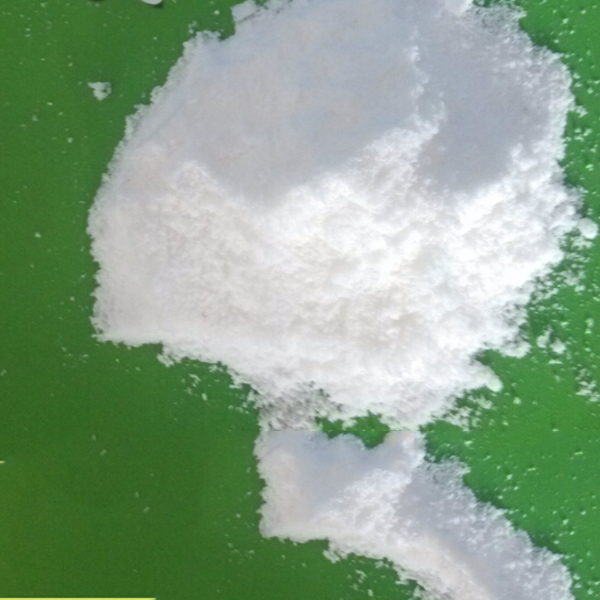
News
Dec . 11, 2024 11:24 Back to list
humic acid soil amendment
The Role of Humic Acid as a Soil Amendment
Humic acid is a crucial component of humus, the organic matter in soil that plays a vital role in maintaining soil health and fertility. As a natural soil amendment, humic acid offers numerous benefits that enhance soil structure, improve nutrient availability, and promote plant growth. This article explores the significance of humic acid as a soil amendment and its impact on agricultural practices.
Understanding Humic Acid
Humic acid is a dark brown to black organic substance that is derived from the decomposition of plant and animal material. It is an essential part of organic matter in the soil and forms through a complex biochemical process called humification. Humic acid contains a variety of functional groups, including carboxyl, phenolic, and hydroxyl groups, which contribute to its ability to interact with nutrients and other soil components.
Benefits of Humic Acid as a Soil Amendment
1. Improved Soil Structure One of the primary benefits of humic acid is its ability to enhance soil structure. It acts as a binding agent, helping to aggregate soil particles. This leads to improved aeration, drainage, and root penetration, which are essential for healthy plant growth. Soils that are well-structured are less prone to erosion and compaction, allowing for better water retention and nutrient absorption.
2. Enhanced Nutrient Availability Humic acid plays a significant role in increasing nutrient availability in the soil. It has a high cation exchange capacity (CEC), meaning it can hold onto essential nutrients such as calcium, magnesium, potassium, and trace elements. As plants uptake nutrients, humic acid can release these elements back into the soil solution, making them more accessible for plant consumption. This can lead to improved crop yields and enhanced plant vigor.
humic acid soil amendment

3. Soil pH Regulation Another advantage of using humic acid in soil management is its capacity to buffer soil pH. In many cases, humic acid can help to neutralize extreme pH levels, creating a more favorable environment for plant growth. This is particularly beneficial in soils that are either highly acidic or alkaline, helping to maintain a balanced pH that promotes nutrient availability and microbial activity.
4. Microbial Activity Promotion Humic acid not only improves the physical and chemical properties of the soil but also fosters a healthy soil microbiome. The organic compounds found in humic acid serve as a food source for beneficial microorganisms, such as bacteria and fungi, which play a critical role in decomposing organic matter and cycling nutrients. A thriving microbial population can enhance soil fertility and resilience, ultimately supporting healthier plants.
5. Reduction in Soil Toxicity Humic acid can also mitigate soil toxicity caused by heavy metals and contaminants. By binding with these harmful substances, humic acid can reduce their availability and mobility, thus decreasing their potential impact on plant growth and development. This detoxifying effect is particularly valuable in agricultural lands exposed to chemical fertilizers and pollutants.
Applications in Agriculture
Incorporating humic acid as a soil amendment can be achieved through various methods, including composting, direct application, or as part of liquid fertilizer formulations. Farmers can apply humic acid during soil preparation or as a top dressing during the growing season to achieve optimal benefits. The dosage and application frequency depend on specific soil conditions and crop requirements.
Conclusion
Humic acid is an invaluable soil amendment that offers numerous benefits for agricultural practices. Its ability to improve soil structure, enhance nutrient availability, regulate pH, promote microbial activity, and reduce soil toxicity makes it a powerful ally for farmers looking to boost productivity and sustainability. As global agriculture faces challenges such as soil depletion and climate change, integrating humic acid into soil management practices could be a key strategy for enhancing soil health and ensuring food security for future generations. Embracing this natural amendment could pave the way for more resilient and productive agricultural systems.
-
Polyaspartic Acid Salts in Agricultural Fertilizers: A Sustainable Solution
NewsJul.21,2025
-
OEM Chelating Agent Preservative Supplier & Manufacturer High-Quality Customized Solutions
NewsJul.08,2025
-
OEM Potassium Chelating Agent Manufacturer - Custom Potassium Oxalate & Citrate Solutions
NewsJul.08,2025
-
OEM Pentasodium DTPA Chelating Agent Supplier & Manufacturer High Purity & Cost-Effective Solutions
NewsJul.08,2025
-
High-Efficiency Chelated Trace Elements Fertilizer Bulk Supplier & Manufacturer Quotes
NewsJul.07,2025
-
High Quality K Formation for a Chelating Agent – Reliable Manufacturer & Supplier
NewsJul.07,2025
